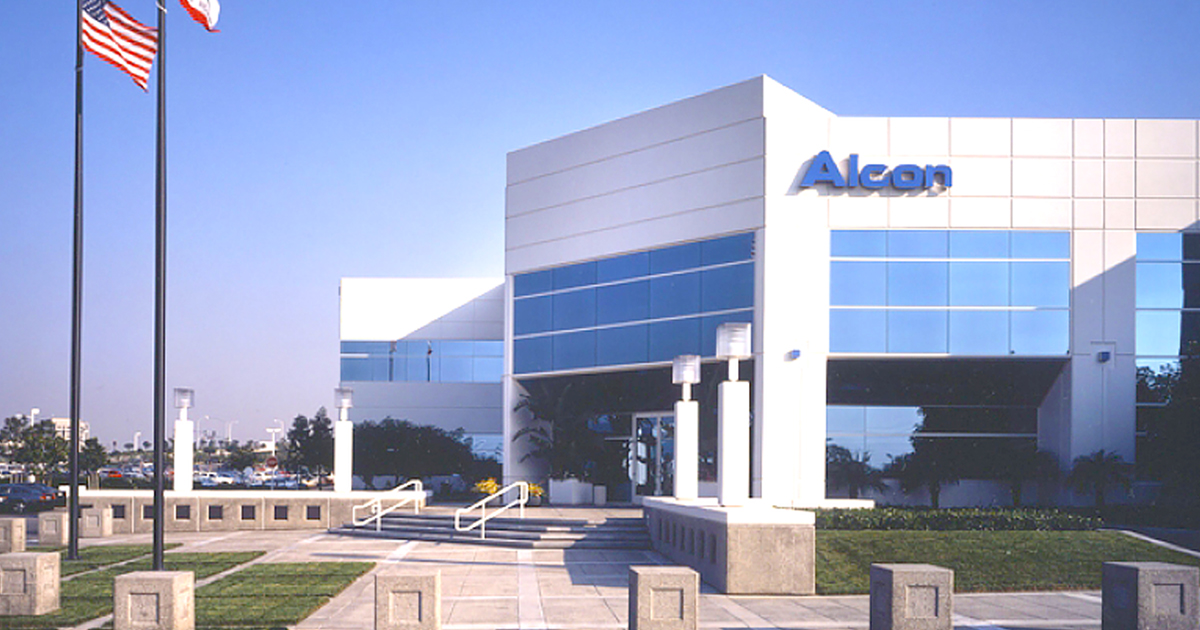What’s Next for Alcon Spin-off

As Novartis unveiled plans to spin off its Alcon eye care unit, the Swiss healthcare giant named Alcon CEO Mike Ball chairman-designate to guide the transformation of the Fort Worth, TX-based unit into a Swiss-based global device company. How much will the spin-off bring in?
In the announcement, Novartis also said it would buy back $5 billion of its outstanding shares. The proceeds from the Alcon spin-off could cover that, but not the $52 billion Novartis paid for Alcon back in 2011. In an analysts’ call last week, Novartis CEO Vas Narasimhan declined to put a value on the business. Reuters reported that former Novartis CEO Joe Jimenez, who launched the restructuring of Alcon last year, once put the value of Alcon at $15 billion to $23 billion. Quoting Bank Vontobel analysts, Reuters also stated that the business would be worth between $15 billion and $23 billion.
In 2017, Alcon had consolidated net sales of $6.024 billion, according to Novartis’ annual report – an increase of about 7% over the previous year. Nine percent of Alcon’s sales, about $600 million, are devoted to R&D.
Sharpening Focus
The decision to spin off Alcon came after a year-long strategic review. Novartis chairman Joerg Reinhardt said the board will ask shareholders to approve the spin-off at their 2019 meeting, with plans to complete the transaction in the first half of next year. “This transaction would allow our shareholders to benefit from potential future successes of a more focused Novartis and a stand-alone Alcon, which would become a publicly traded global medtech leader based here in Switzerland,” Reinhardt declared.
In the analysts’ call, Novartis executives said the rationale for the spin-off is to allow Novartis to focus on its pharmaceutical pipeline and allow Alcon to continue building its device business, which didn’t quite fit with Novartis’ plans as they evolved under Narasimhan.
With the pending spin-off, Alcon COO David Endicott will take on the title of CEO. Ball will focus on recruiting a board of directors for Alcon and meeting with Novartis shareholders and other potential investors in preparing the spin-off. Alcon will be dual-listed on the Swiss Exchange and NYSE.
Alcon’s Deal-Making Slowed
In early 2016, Alcon made a bevy of deals to expand its portfolio – a strategic alliance with PowerVision to develop an accommodating IOL; acquisition of Transcend Medical, developer of the CyPass Micro-Stent for glaucoma; and an exclusive agreement with TrueVision to distribute its NGENUITY, ultra-high-definition 3-D visualization system for vitreoretinal surgery. However, since April 2016, Alcon has been quiet in the deal-making space. Perhaps coming out from under Novartis’ wing will free up Alcon to close more deals.
But 2017 was not a quiet year for Alcon product approvals. The AcrySof IQ ReSTOR Toric IOL received Food and Drug Administration approval. The CyPass Micro-Stent, Clareon monofocal IOL, and Systane eye drops all received approval in the European Union, with a launch of the latter in Europe planned for this year. And speaking of Systane, Alcon recently launched a national advertising campaign featuring tennis star Venus Williams. Alcon has 11 products in the pipeline – ranging from new IOLs to new contact lenses.
Novartis’ Ophthalmology Footprint
Novartis will continue to be a player in ophthalmology. Part of its earlier restructuring of Alcon brought the unit’s pharmaceutical portfolio into the parent company’s fold. Novartis estimates its ophthalmology business generates about $4.6 billion in revenues annually, with its ex-US rights to Lucentis (ranibizumab) contributing about $1.9 billion and Alcon’s former pharma portfolio kicking in another $2.7 billion.
Novartis also holds European rights to Spark Therapeutics’ Luxturna, and plans to file for US approval of brolucizumab – an anti-VEGF drug for treating age-related macular degeneration that requires less frequent dosing than Lucentis – this year. Novartis has other pipeline products for treatment of presbyopia, dry eye, and genetic eye disease, and in May closed a deal to acquire AveXis Inc. – a clinical-stage gene therapy company that has potential for developing ophthalmology treatments – for $8.7 billion.
For questions about this article, please contact Richard Mark Kirkner at Rich@healthegy.com.
